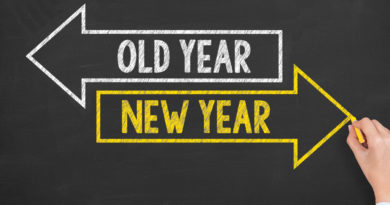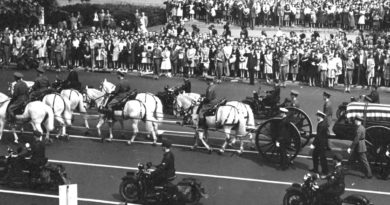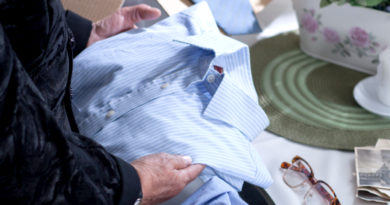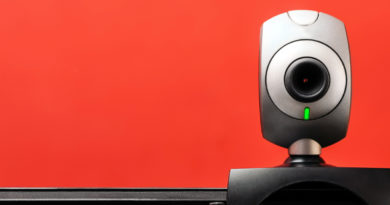How to Prepare for a Funeral Arrangement Conference
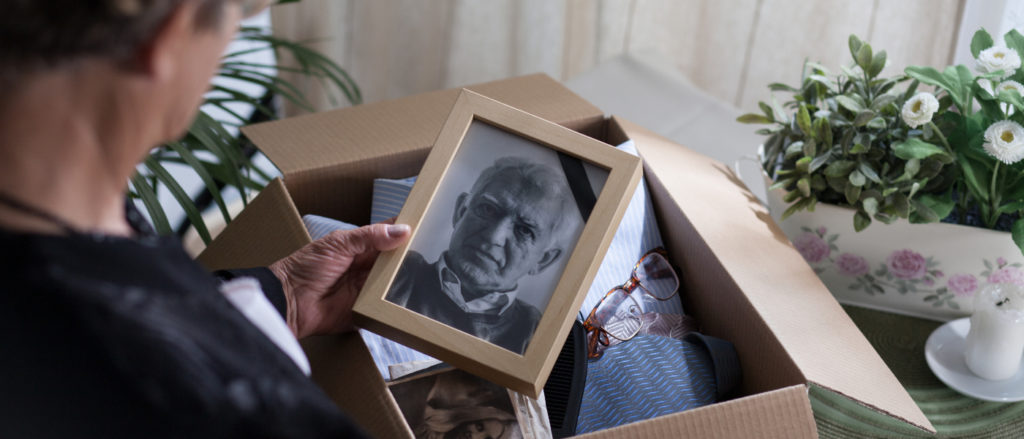
a funeral arrangement conference. Photo © iStock.com/KatarzynaBialasiewicz
Unfortunately, the death of a loved one usually occurs with little or no guidance beforehand by the deceased, which requires surviving loved ones to make the myriad end-of-life decisions necessary when planning his or her funeral and/or interment services. After a death occurs, the closest survivor or next-of-kin generally makes these choices and plans with the assistance of a funeral director during a funeral arrangement conference. Here’s what to expect and what you will need when arranging a love one’s funeral or interment service.
Information You Will Need
Usually held the day after the death occurs, the family, closest survivor and/or legal next-of-kin will typically meet with a funeral director at the chosen funeral home or funeral provider to plan the funeral and/or interment service. During this arrangement conference, many funeral directors begin by gathering the “vital statistics” about your loved one — specific information needed for the official death certificate, an obituary or death notice, for the funeral program and website page, and other important documents required after a death occurs.
If possible, you should locate the following information and answer these questions beforehand:
• The full legal name of the deceased, including his or her full middle name
• His or her birthplace and birthdate, including the year
• The deceased’s home address, including the ZIP code
• His or her Social Security number
• The full names of his or her parents, including the mother’s maiden name
• Education history, including the highest grade level completed (high school, college, etc.) and the names/locations of these institutions
• The names, addresses and relationships of surviving loved ones
• The deceased’s work/occupational history (a résumé can prove invaluable for this, if available)
• Military service record (in other words, was your loved one a veteran?)
• Information about his or her hobbies or interests; honors and/or awards received; personal and/or professional clubs, groups or organizations to which he or she belonged; etc.
• Did your loved one wish to donate his or her organs/tissue?
• Did he or she leave behind a legal will, an advance healthcare directive, healthcare proxy and/or do-not-resuscitate order?
• Does a life-insurance policy exist, whether self-funded or through his or her employer?
• Did he or she formally prearrange or prefund a funeral, cremation, burial or other service?
• Did the deceased receive a pacemaker and/or metal skeletal replacement part? (This is important information if cremation is desired.)
Physical Items to Bring
In addition to the information noted above, you should bring with you to the funeral arrangement conference the following physical items, if available:
• At least one relatively recent photograph of the deceased (but bring several different pictures, if available). Embalmers, cosmeticians and hairdressers will use these images for guidance when preparing the remains, and these photographs might be used with the obituary/death notice, in the funeral program, on memorial cards, in a memorial video, etc.
• Burial/final-disposition clothing for your loved one, including undergarments and shoes
• Accessories the deceased typically wore, such as eyeglasses; jewelry (including an engagement/wedding ring); make-up (such as a particular shade of lipstick or nail paint); etc.
• The deceased’s official military discharge paperwork (typically, this comprises form DD-214)
• A copy of the following documents, if available: legal will; an advance healthcare directive, healthcare proxy and/or do-not-resuscitate order; insurance policy; preneed contract; burial contract; organ/tissue donation authorization; etc.
If you do not know or cannot locate these informational and/or physical items before a funeral arrangement conference, do not despair because you will generally have time to secure these things after the arrangement conference. The lists above merely detail the things typically required at a funeral arrangement conference in order to help you expedite the funeral arrangement process so you can better cope during this difficult time.


